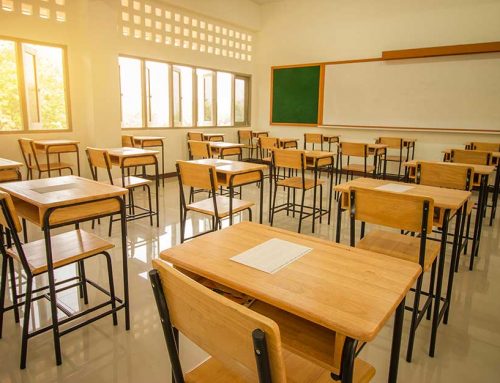The New Education Policy (NEP) 2020 is a welcome move for the students of the CBSE curriculum. It emphasises on holistic multi-disciplinary education for future stakeholders of the nation. It aims to address the developmental imperatives of our country and is built on the foundational pillars of access, equity, quality, affordability, and accountability.
The NEP 2020 intends to overhaul the existing education system by making certain paradigmatic changes. It intends to integrate the Indian education system with global patterns, do away with rote-learning and instil confidence and nationalistic pride among students.
The NEP 2020 promotes active pedagogy, development of core capacities and life skills, experimental learning at all stages, low stake board exams, holistic progress card, transformation in assessment to promote critical and higher order thinking, mainstreaming of vocational education and emphasis on technology to improve multiple aspects of education.
The NEP has defined two major modifications for the students:
No hard separation of streams:
- The NEP 2020 ends Science-Commerce-Humanities streams, it has eliminated the rigid separation of streams. Students will now be able to choose subjects like History and Physics at the same time in class 11 and 12.
- Secondary school (classes 9 and above) students will be given flexibility and choice of subjects to study, including subjects in Physical Education, the Arts and Crafts, and vocational skills.
- The strict division between curricular and co-curricular activities, or vocational and academic subjects will cease.
- In addition to Science, Mathematics, Humanities, and Commerce, subjects like Physical Education, Arts and Crafts, and vocational skills, will be incorporated throughout the school curriculum.
Easing of the board exam:
- Each of the four stages of school education will have a system that allows the inclusion of shorter modules.
- Variable models for board exams – annual, semester, modular exams can be conducted twice a year.
- To reduce the importance and stress of the board exam, it will be conducted in two parts: objective and descriptive.
- The board exams for class 10 and 12 will continue, however, they will be made easier as they will primarily test core competencies and promote knowledge application rather than rote learning.
The NEP 2020 advocates major reforms in higher education: education and assessment will both become more holistic, multi-disciplinary education will become more aligned with the global education system. This is going to be a game-changer for the future of the education system in India.






Leave A Comment